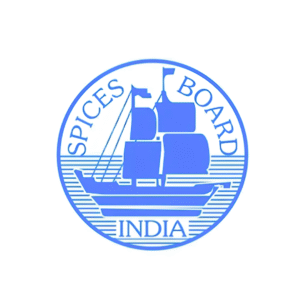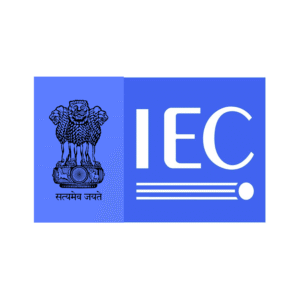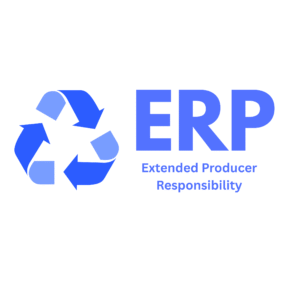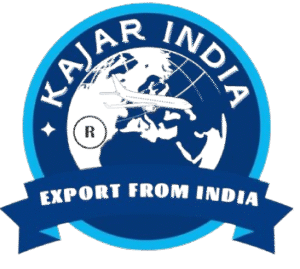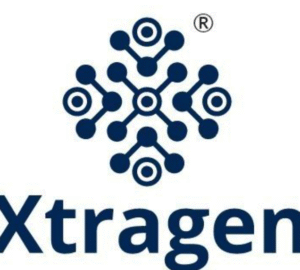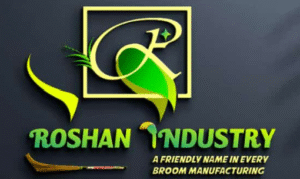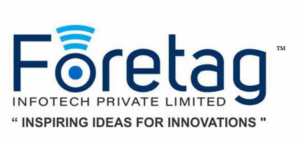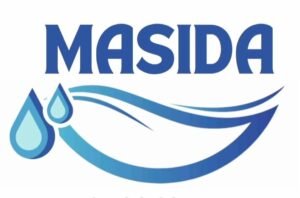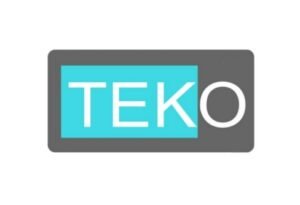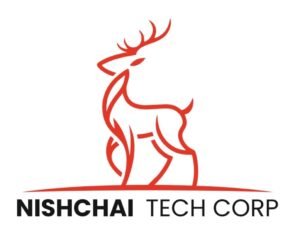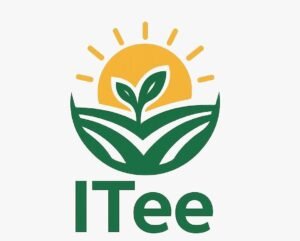Most frequent questions and answers
Here is a general overview of the process for filing a trademark in India:
Conduct a trademark search to ensure that the desired mark is available for use and registration.
Prepare and file a trademark application with the Indian Trademark Office. The application should include the mark, a list of goods or services for which the mark will be used, and the applicant’s name and address.
After filing the application, it will be assigned to an examiner who will review it for compliance with all legal requirements and to check whether the mark is identical or similar to any existing trademarks.
If the examiner raises any objections to the application, the applicant has an opportunity to respond and overcome the objections.
Once all objections are overcome, the mark will be published in the Trademark Journal. If no opposition is filed within four months, the mark will be registered.
After registration, the mark must be renewed every ten years.
Note: Please note that the above is a general overview and the process may change, it’s always best to consult with a lawyer or trademark attorney for accurate and specific advice for your case.
Here is a general overview of the process for incorporating a private limited company in India:
Obtain a Director Identification Number (DIN) and a Digital Signature Certificate (DSC) for the proposed directors of the company.
Obtain a name reservation certificate by applying to the Ministry of Corporate Affairs (MCA) through the SPICe+ e-form.
Prepare and file the Incorporation Form (SPICe+ e-form) with the MCA, along with the necessary documents such as the Memorandum of Association (MOA) and the Articles of Association (AOA) of the company, and the name reservation certificate.
Obtain the Certificate of Incorporation (COI) from the MCA after the incorporation form is approved.
Obtain PAN and TAN for the company from the Income Tax Department.
Open a bank account in the name of the company and deposit the minimum share capital as required by the MCA.
Obtain various licenses and registrations as may be required under the laws such as GST, Professional Tax, Shop and Establishment Act, and Labour Laws.
File the necessary returns and forms with the MCA and other regulatory authorities as required under the Companies Act and other applicable laws.
Note: Please note that the above is a general overview and the process may change, it’s always best to consult with our Chartered Accountant or a company secretary for accurate and specific advice for your case.
Here is a general overview of the process for obtaining recognition as a startup from the Department for Promotion of Industry and Internal Trade (DPIIT) in India:
Create an account on the Startup India portal.
Submit an online application for recognition as a startup, providing details about the company, its founders, and its business model.
Submit a self-declaration of compliance with the recognition criteria set by DPIIT, which include being a private limited company, being less than 7 years old, having an annual turnover less than INR 25 crore, and working towards innovation, development, deployment, or commercialization of new products, processes, or services.
Provide any additional documents or information that may be requested by DPIIT, such as a proof of innovation or a certificate of registration from the Registrar of Companies.
Wait for the application to be reviewed and processed by DPIIT, which may take a few weeks.
Once the application is approved, a Letter of Recognition will be issued, and the startup will be added to the list of recognized startups on the Startup India portal.
File an annual compliance report on the Startup India portal to retain the recognition status.
Note: Please note that the above is a general overview and the process may change, it’s always best to consult with a Chartered Accountant or a startup advisor for accurate and specific advice for your case. Additionally, recognition of startup from DPIIT is not mandatory for availing benefits from the Government of India, but it is a prerequisite for availing benefits under some of the schemes.
here is a general overview of the process for obtaining copyrights in India:
Identify the work that is to be copyrighted. In India, copyright protection is available for original literary, dramatic, musical and artistic works and cinematograph films and sound recordings.
Determine whether the work is already protected under copyright law. Copyright registration is not mandatory in India, but it is advisable to register the work for the purpose of evidence and to be able to enforce the rights in court.
Obtain a soft copy of the work, if it is in a physical form.
Fill in the Copyright application form available on the Copyright Office of India website and submit it along with the required fee, and the soft copy of the work.
After receipt of application, the Copyright Office will conduct a formalities check to ensure that all the required documents are in order.
After the formalities check, the application will be examined by the Copyright Office to ensure that the work is original and qualifies for copyright protection.
After the examination, if the work is found to be original and qualifies for copyright protection, the Copyright Office will issue a copyright registration certificate.
Keep the copyright registration certificate updated by renewing it as required by the Copyright Office.
Note: Please note that the above is a general overview and the process may change, it’s always best to consult with our team for accurate and specific advice for your case. Additionally, copyright registration is not mandatory, but it is advisable to register the work for the purpose of evidence and to be able to enforce the rights in court.
Step by step process for drafting a business agreement:
- Understand the purpose and scope of the agreement. Understand the business relationship between the parties and the rights, obligations, and responsibilities of each party.
- Identify the parties involved in the agreement. Clearly state the names, addresses, and contact information of each party.
- Define the terms and conditions of the agreement. This includes the duration of the agreement, the payment terms, the delivery or performance terms, and any other relevant terms.
- Outline the rights, obligations, and responsibilities of each party. This includes the rights to use any intellectual property, the obligations to maintain confidentiality, and the responsibilities for any damages or losses.
- Include any necessary representations and warranties. These are statements made by one party about its ability to perform its obligations under the agreement.
- Include any necessary covenants. These are promises made by one party not to do certain things, such as not to compete with the other party.
- Include any necessary conditions precedent. These are events that must occur before the agreement becomes effective.
- Include any dispute resolution provisions. These provisions outline the process for resolving disputes that may arise under the agreement.
- Include any necessary boilerplate provisions. These are standard clauses that are commonly included in agreements, such as governing law and jurisdiction provisions.
- Have the agreement reviewed and legally vetted by a lawyer or attorney to ensure that it is legally binding and enforceable.
- Once the agreement is finalised, it should be signed by all the parties involved.
Note: Additionally, the terms and conditions of the agreement should be appropriate for the business and should be negotiated and agreed upon by both parties.






